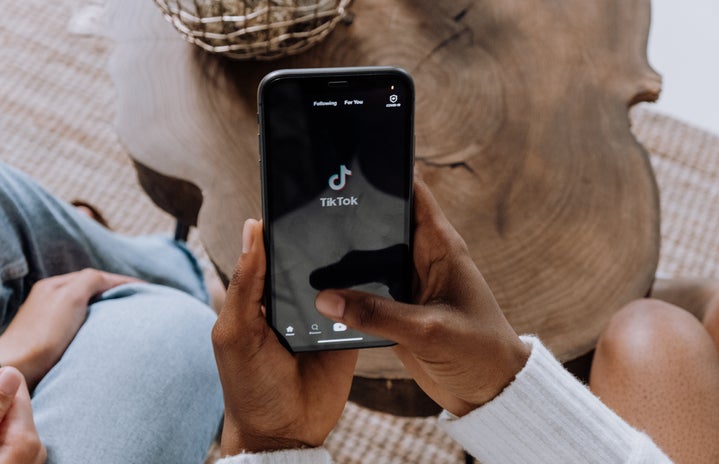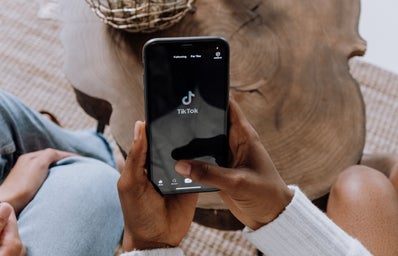What is MascaraGate and how does it play into the deinfluencing counter-trend that is gaining popularity among the TikTok beauty and influencer community?
In the past few weeks, Tiktok has been swept by a new hot scandal, and it’s all about mascara – well, false lashes actually. On January 24th, Boston-based TikTok influencer Mikayla Nogueira posted a video recommending L’Oréal’s Telescopic Lift mascara to her 14M followers, claiming it literally “just changed (her) life” and that it looked like false lashes. The issue is, she actually (allegedly) put on false lashes in between video cuts.
Viewers were quick to catch on and realised that something was amiss. The backlash was instant. The controversy was named MascaraGate or LashGate by TikTokers and it rapidly gained traction all-over social media (81.4 M and 28.8M views on TikTok). TikTok users also pointed out that the video was obviously a paid partnership yet it was not clearly disclosed as such – apart from the word “partner” appearing in tiny characters for just a few seconds, hidden behind the video description.
Mikayla is not new to controversies – from being accused of faking her iconic Boston accent and editing her pictures to complaining about how hard it is to be an influencer – yet she has always managed to diffuse the situation and maintain a strong influence over her followers. She is also certainly not the first influencer to keep a partnership secret or lie about being paid by a company to promote a product.
So, why did this controversy turn into a full-blown scandal, plastered all over TikTok and reported by all the most popular drama channels and pop-culture online magazines?
Firstly, influencers are able to build their platforms and brands and consequently earn money thanks to their followers and fans. The higher their following and engagement are, the more they get paid. By deceiving her followers in order to promote a product she effectively sold out and chose money over them. Therefore, she was called out not only by those that don’t like or support her and by her “haters”, but also by her fans that this time around were not that quick to forgive her and sweep the matter under the rug.
However, an even bigger role was played by a recent TikTok and social media trend: deinfluencing. Social media influencers – especially beauty influencers – are urging viewers to be responsible with their purchases and – ironically – to be less easily influenced by the content they consume. The deinfluencing trend goes hand in hand with the recent focus on sustainability and the threat that overconsumerism poses not only to people’s pockets but also to the environment.
Deinfluencing content creators are also pointing out that the products that influencers promote are not accessible to the average consumer, as they are overly expensive, and that a big price tag doesn’t necessarily correspond to high quality. Finally, they distance themselves from the influencer culture and warn viewers to do the same. Influencers are paid to by companies to promote their products which explains the influx of enthusiastics yet phony and deceiving reviews – such as Mikayla’s review of L’Oréal’s mascara.
Deinfluencers have been trying to help viewers to come to terms with the fact that influencers don’t always have their best interest at heart, especially when money is involved. While honest influencers exist, it should not come as a surprise that, if in order to get paid that have to convince you to buy sponsored products, they might be inclined to over-hype and over-sell them, even when they are actually not worth buying.
Deinfluencing is pulling the rose-coloured glasses off social media users who are now shifting from idolising influencers to realising that not all that glitters is gold – sometimes it’s just a filter. Holding influencers accountable and calling them out when they do make mistakes is becoming the norm: MascaraGate is just the beginning.


